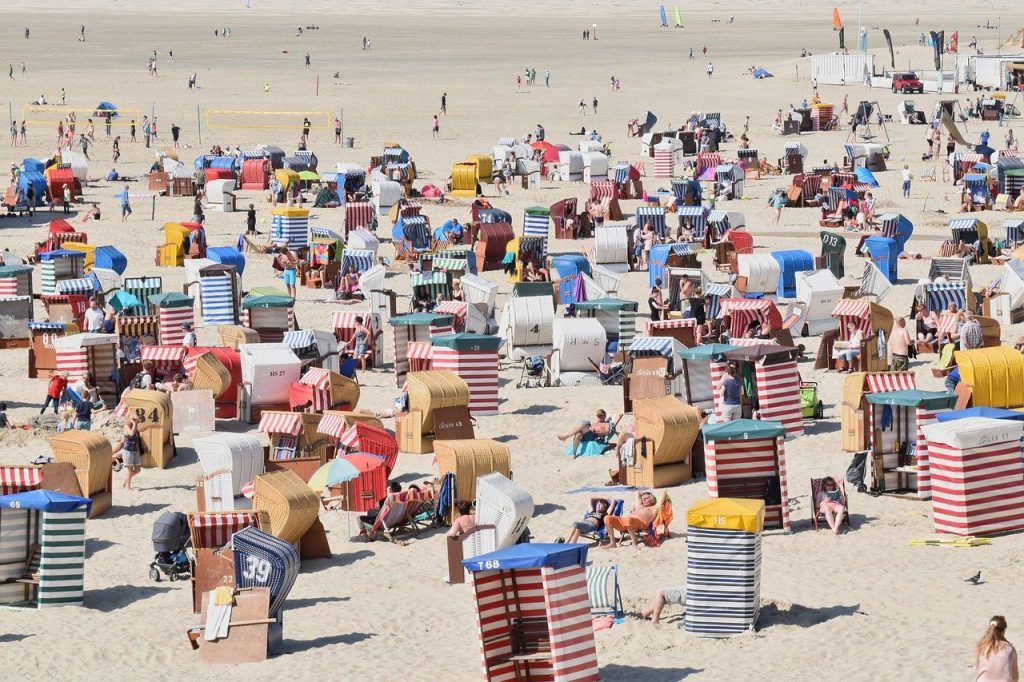Post-Corona and Overtourism
Post-Corona and Overtourism

Until last year, "overtourism" had become a prominent problem in the Japanese tourism industry due to the rapid increase in foreign visitors to Japan.
Aling the number of foreign visitors to Japan has almost disappeared due to the new coronavirus outbreak, more than 90% of people said they would like to visit Japan in a survey of Asian countries such as Taiwan, Hong Kong, and Thailand. Even with travel restrictions, foreigners' willingness to visit Japan remains high.
In addition, the phenomenon of "revenge consumption" that the desire to purchase and travel increases due to the reaction of the outing restriction due to the influence of the new coronavirus has already occurred in China.
Overtourism is an inbound term in which the number of tourists greatly exceeds the acceptable number of tourists in a tourist destination.
For tourist destinations, foreign visitors to Japan are the only target of attracting visitors who want to actively attract tourists, but at the same time, they can be a cause of various "tourism pollution" such as traffic jams, noise, litter dumping and toilet shortages. In addition, for the neighboring residents of tourist spots, trouble with tourists caused by them is also a problem.
A series of changes surrounding tourism associations in recent years have been a major factor in overtourism.
These include lower international airfare, includingLCCs, the expansion of the cruise market, which has been attracting attention in recent years, and an increase in low-cost accommodation facilities such as private accommodations such as Airbnb (Airbnb). In addition, influencers are attracting attention by transmitting information about tourist spots on social media, spurring overtourism.
The first negative impact of overtourism is environmental pollution. Environmental pollution problems are becoming more serious due to the insidity of garbage and the dumping of litter as it is.
Depending on what you throw away, it may affect plants and ecosystems, which can damage the original beauty of the tourist destination.
In addition, "deterioration of security" has become a major problem, and it is hard to imagine that as the number of tourists increases, the number of negotiations between local residents will increase.
Frequent culturally ins acceptable acts or acts that cause trouble to others can threaten the comfortable lives of local residents and cause trouble for travelers.
In addition, there is a possibility that the number of bad business practices aimed at foreign tourists visiting Japan, such as gambling and drug trafficking, may increase, and there are concerns about the deterioration of security.
In addition, traffic congestion is becoming more serious. For foreign visitors to Japan, public transportation such as buses and trains is the main means of transportation, so public transportation is flooded with tourists during the high season, and public transportation becomes a serious problem because it is too crowded to take a bus.
The decrease in convenience is negative not only for local residents but also for tourists, and there are concerns about the loss of repeat customers due to a decline in satisfaction.
Inaddition, "cultural transformation" is one of the problems.
If tourist deeds such as littering, trouble, and deterioration of security continue, residents' feelings may deteriorate and their original traditions and customs may be lost.
In addition, there is no denying the fear that the spirit of hospitality and hospitality unique to the Japanese will decline due to labor shortages.
Comments
Post a Comment